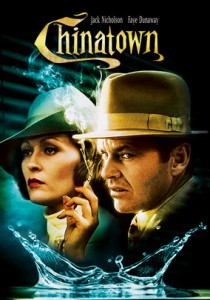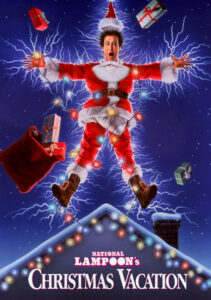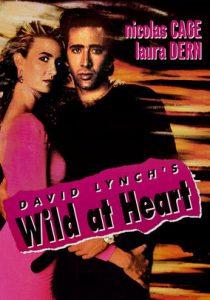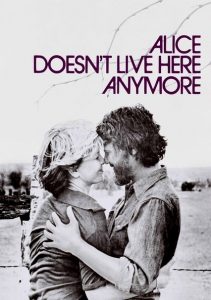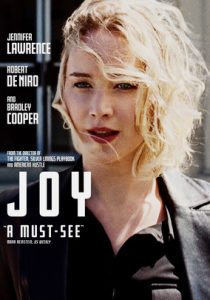Chinatown-1974
Director Roman Polanski
Starring Jack Nicholson, Faye Dunaway
Top 250 Films #27
Scott’s Review #321
Reviewed January 3, 2016
Grade: A
Chinatown (1974) is like a perfectly aged fine red wine- with each passing year or viewing, it becomes more and more spectacular.
A thinking man’s film, if you will, Chinatown is a complex puzzle, just waiting to unravel in a layered, complicated fashion. However, this is to its credit, as it is a fantastic, rich film noir, and as good as cinematic writing gets.
Set in the 1930s, the set pieces and art direction are flawless – as great a film in terms of look as it is in story.
Director Roman Polanski and star Jack Nicholson are primarily responsible for the film’s success.
The direction is a marvel as the cinematography, flow, and pacing are astounding. A slow build, the film takes off at just the perfect point as the mystery deepens, building to a crescendo.
Nicholson plays Jake Gittes, a handsome Los Angeles private investigator hired by a woman claiming to be Evelyn Mulwray. Evelyn desires to have her husband followed, as she suspects him of an affair with another woman.
Jake begins tailing the woman’s husband, only to uncover an intriguing mystery involving the Los Angeles water supply. Soon, the real Evelyn Mulwray (Faye Dunaway) turns up and the film segues into a masterful web of complications and turns of events.
One will not see the ending coming.
Nicholson leads the film as only he can. With his charismatic, aww shucks attitude, mixed with humor, he is eye candy for the camera, as he takes the case and becomes more and more immersed in the action.
This film was a pivotal point for him as he began a slew of worthwhile and abundant performances in pictures.
Let us not forget to mention the acting performance of Dunaway. Smoldering, sexy, classy, intelligent, and vulnerable, she perfectly plays almost every emotion.
Chinatown, Bonnie and Clyde (1967), and Mommie Dearest (1981) are her best works in a career that spanned decades of success.
Chinatown (1974) is an entity unto itself in film noir. It is incredibly well-written, nuanced, and flawless.
This film simply must be seen.
The final thirty minutes- in addition to the “great reveal” are also violent, shocking, and extraordinary. A blueprint of what great filmmaking truly is.
Oscar Nominations: 1 win-Best Picture, Best Director-Roman Polanski, Best Actor-Jack Nicholson, Best Actress-Faye Dunaway, Best Original Screenplay (won), Best Original Dramatic Score, Best Sound, Best Costume Design, Best Art Direction, Best Cinematography, Best Film Editing
